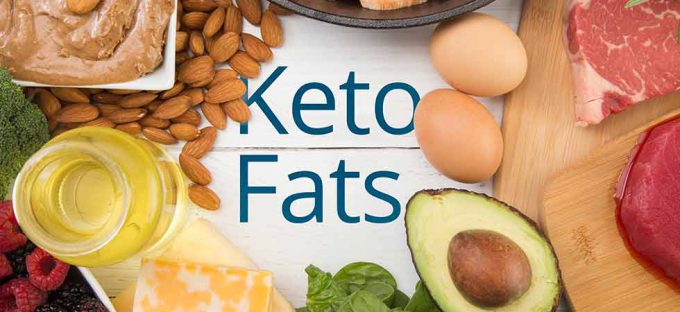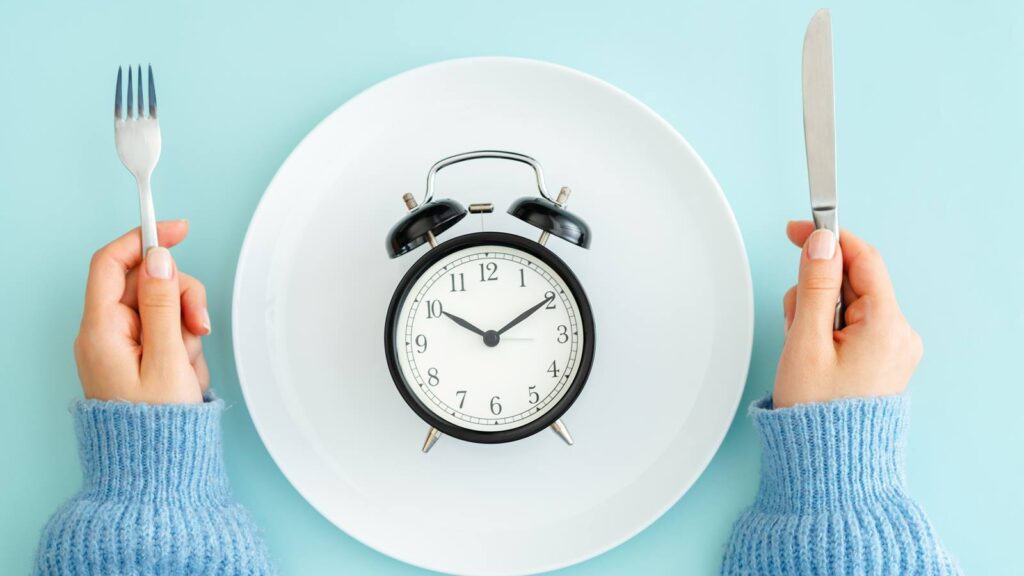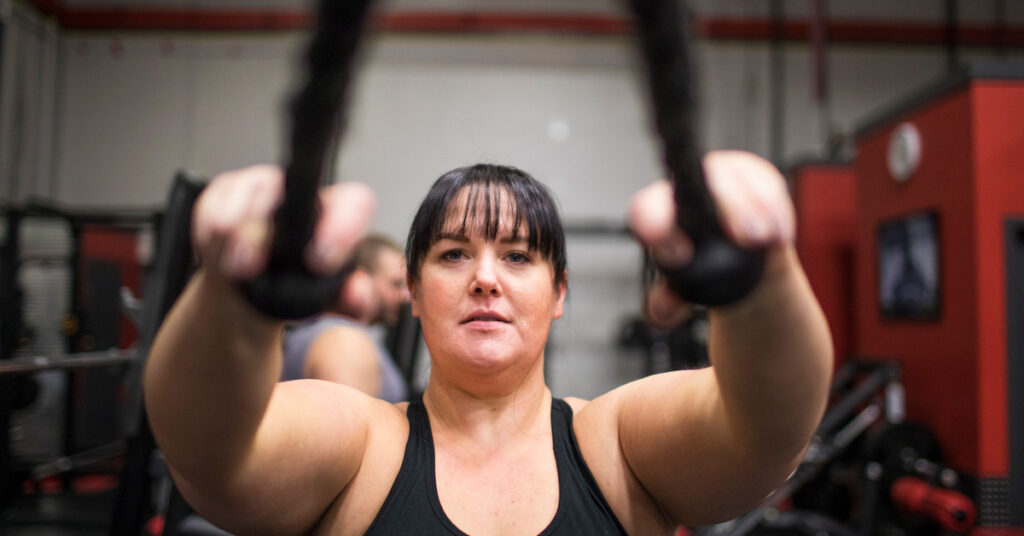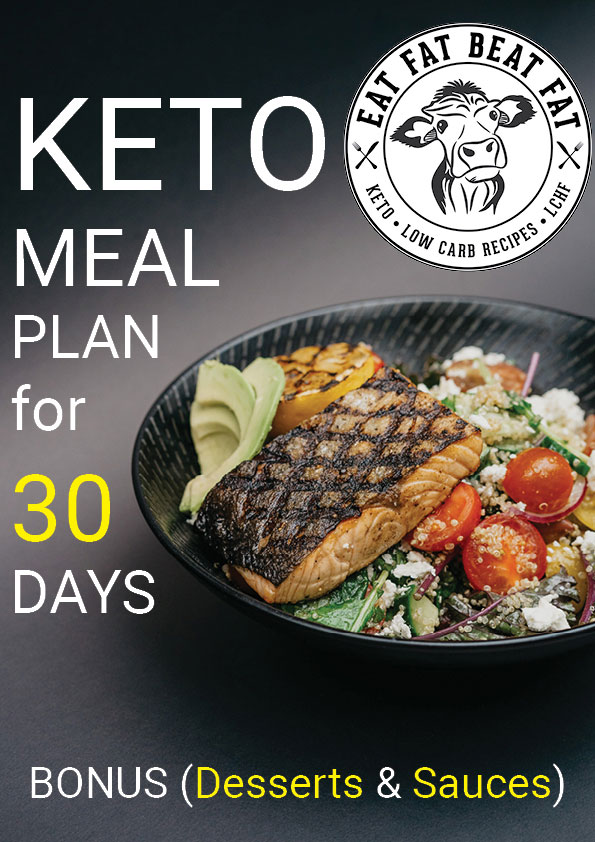
- Eat the Right Amount of Protein
- Don’t eat a lot of fat
- Try intermittent fasting
- Don’t overeat carbohydrates
- Limit alcohol consumption
- Avoid sweeteners
- Do strength training
- Get enough sleep
- Reduce stress
- Be realistic
Doctors often receive letters from disappointed 40+ women, which do everything in their power to lose weight on keto diet.
Urine analysis of such women usually shows that they are in ketosis. They follow all recommendations and recipes, but not only they lose the expected weight, but sometimes even gain .
Alas, with age, get rid of unnecessary kilograms often becomes more difficult.
We’ve created a list of 10 tips to help you try to include in your routine to keep your weight stable and lose weight without harm to health and well-being.
Remember, losing weight after 40, there is no point in chasing an ideal. If are not able to always follow our advice, or these tips do not lead to weight loss – this is normal, just take a quick look on advice number 10 – Be Realistic.
Common issue : you are not alone
If you find it difficult to lose weight after 40, you are not alone. Menopause begins at the age of 49 up to 52 years old. And no matter what food you are consuming, gaining weight during this period of time is very common.
Tip number 1 : Consume the right amount of protein

For weight loss after 40 it is recommended for women to consume reduced amount of protein.
It is easier for women to exceed the use proteins in the food, than to men.
If you and your husband eat the same size steak, you are eating too much.
The recommendation is to consume between 1.0 and 1.7 grams of protein per kilogram of ideal body weight per day.
Thus, woman whose ideal weight (not actual body mass) is 70 kg, should strive to consume about 70-119 grams of protein per day.
If you feel uncomfortable with counting grams, instead try spending a week of mindful eating and retraining your body to recognize the sensations of hunger and satiety. The problem with many of our patients is that they do not understand what hunger and satiety are. You have to learn to understand that “sufficient satiety” is the feeling you should have.
For example, if you are used to eat two eggs and two strips of bacon for breakfast, then within a week of conscious nutrition eat one egg and one piece of bacon. Then you should wait 20 minutes – it’s important here time, because your body must feel the saturation. And in 20 minutes, ask yourself this “Are you still hungry?”
You must take a time to determine whether you are hungry. And you should do it all week long. Over time, you will learn to understand if you have eaten enough for a sense of satiety. You do not need to count calories. All you need to do is listen close to needs of your body.
Tip number 2 : Don’t eat too many fats.

One of the pleasures of switching to a keto-diet is including fats in every meal after many years of avoiding them. But keto diet is not a carte blanche for the consumption of fats. To lose weight you have to burn your own body fat reserves to get energy.
You will know that you have adapted to a keto diet by not experiencing hunger for long periods of time. After adaptation, reduce fat consumption so that you could start burning your own “stock” of body fat. So if you can’t lose weight. after 40, I recommend you estimate the amount of fat you consume and try to reduce it. Do not starve yourself, but remember to avoid eating extra fat.
Tip number 3 : Try interval fasting

After adapting to a keto diet, the agony of hunger decreases, which allows you not want to eat more long periods of time.
Many people naturally stop eating breakfast: they just are not hungry when they wake up. Rule number one on a low-carbohydrate diet: eat when you are hungry, and stop when you are full. So, if you are in this state, try the interval fasting.
Skip breakfast and have lunch and dinner within 8 hours – this is called fasting 16:8. Or try to have dinner in the evening, and then starve before dinner the next night, which is called a 24-hour fast.
It is not recommended to stick to the same fasting mode day after day, but to switch between modes. For example, do 16:8 fasting today, 24-hour fasting in the next, and then make a day of usual eating.
If you’re missing out on meals because you’re not hungry on a proper low carbohydrate diet and high fat content, it’s just fine.
But during a very long fasting you may start to ignore the signals of real hunger, and you may experience a dangerous physiological imbalance of liquid and electrolytes, called refinement syndrome . It can occur after a very long fasting period when you resume to a normal meal consumption.
When people are on a keto-diet, they are are often not hungry for 16 or 24 hours. Such fastings are safe and useful if you are overweight. However, avoid them if you have you are underweight. Eat when you are hungry, do not eat when you are not hungry, and stop eating when you are full.
Tip number 4 : Keep an eye on the carbohydrates

On a keto diet carbohydrates can present in the form of sauces, seasonings, fruits and nut snacks.
If the weight loss process has slowed down, carefully check what you eat, and cut back consumption of carbohydrates up to 20 grams per day. Cashews, almonds and pistachios are easy to over eat – they contain enough carbohydrates to interfere weight loss. For example, a cup of pistachios contains 21 grams of carbohydrates.
Some people with insulin resistance, if they are in a state of ketosis, one extra gram of carbohydrates can stop ketosis for three weeks.
Maintaining carbohydrate below 20 grams per day will reduce the weight and will ensure maximum control over hunger and craving for food.
Tip number 5 : Reduce alcohol consumption

Many people like that on a keto diet from time to time you can drink a glass of dry wine. However, if you stop losing weight or even start gaining, give up all alcohol till the weight loss does not start again. Even a few glasses a week can to lead to such result. Learn more about alcohol on keto in our separate article.
Tip number 6 : Avoid sweeteners

If you have included in your diet sweeteners, such as aspartame and sucralose, and your weight has ceased to decrease, I recommend that you give them up.
Tip number 7 : Perform strength training

Adding weightlifting will increase muscle volume and will increase your metabolism, if changing your eating habits isn’t helping you.
Bigger muscle volume, the higher insulin sensitivity, so any type of physical activity, which will increase muscle volume, all very useful for slimming.
Weightlifting should not be excessive – 90 seconds per muscle group, twice a week will be enough. Specialist also notes that the training should involve a fairly heavy weight: such that after 10-15 lifts you could not do one more. This is called “doing repeats to muscle failure”.
You need to convince the body that the muscles volume are not big enough. Your body won’t build muscles until you send them the signal to grow. Squats, push-ups and other training methods with own weight can be as effective as hand weights or strength training machines.
If you train to such an extent that your muscles start to hurt, it’s good. That’s how we build them up, with microbreaks.
Intense exercises can sometimes cause false plateau in weight loss. In order to handle the workloads, your body triggers a slight inflammatory reaction, which can cause swelling and retain fluid. So, after a vigorous workout your weight can jump by several kilograms overnight. But this is only a “pseudo weight” – swelling.
Make sure you have rest days between heavy physical exercises to recover. Increasing muscle volume will also speed up your metabolism.
Tip number 8 : Get enough sleep

During menopause many women suffer from deterioration of sleep quality due to night sweating. Poor sleep increases the level of cortisol, the stress hormone that causes the accumulation of fat in the abdominal area.
Tips to improve your sleep include :
- Sleep in a chilled, dark room.
- Use earplugs and eye patch.
- Limit the use of electronic devices before going to bed.
- Go to bed and wake up at the same time every day.
- Do not drink coffee afternoon and limit all forms of caffeine consumption.
- Avoid alcohol before going to bed.
- Be exposed to natural daylight every day.
Tip number 9 : Reduce stress

Understand your daily stresses and realize, if there is anything you can do to “soften” some of them. Stress increases the release of the cortisol hormone, which causes a feeling of hunger and the accumulation of fat.
Many women after 40 during menopause find themselves in between the worries about children and/or sick parents. The death of loved ones also may be something that we encounter more often at period of menopause.
When we see women struggling with overweight, doing everything she can to reduce it, but it doesn’t work, the only reason is some kind of life crisis. We all have stresses, whether we are men or women. We recommend that people develop their own mechanisms of stress management.
Stress can cause emotional overeating – another reason for weight gain.
Try yoga, meditation techniques, relaxing walks or other pleasant activities and hobbies. Doctors recommend a week of slow and thoughtful eating where you really pay attention to taste, textures and feelings of hunger and saturation. Eat slowly and responsibly. Specialists note that even the concerns about your weight can cause stress. Tracking your weight and food consumption often can be useful, but if it becomes stressful, I suggest to stop for a while and simply keep an eye on how you feel.
Tip number 10 : Be realistic

Doctors encourage you to accept the fact that weight loss process in middle age will be slower than in youth.
Remember that weight loss for women after 40 takes a longer time.Be patient. Your main goal is to change your lifestyle, and as a result – getting rid of excess weight.
